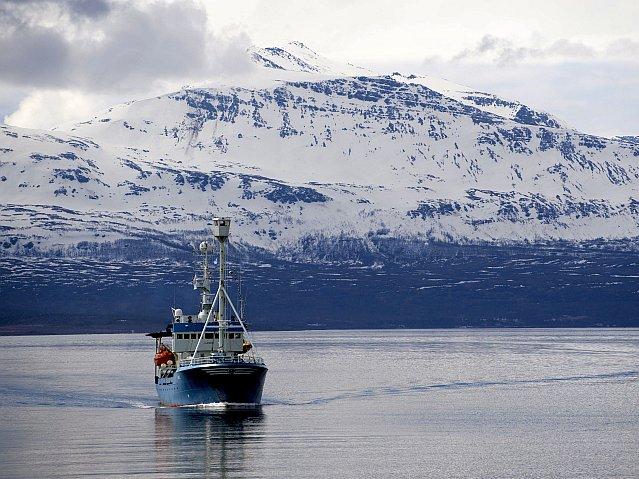In a matter of decades, the Arctic will be entirely ice-free every summer, something scientists are projecting will start around the end of the 2030s, according to a recent U.S. congressional report.
A combination of climate change and new sea technology is what’s making the Arctic increasingly accessible, experts say. The fabled Northwest Passage opened for shipping for the first time in the summer of 2008. Every year since, it has been open for a period of about six weeks during summer.
Commercial traffic, pleasure cruises, and adventurers are already taking advantage of the new northern route.
The Northern Sea route, also called the Northeast Passage, on the Russian side of the Arctic is also becoming available as the Arctic ice melts.






